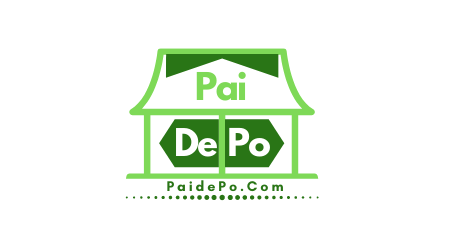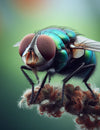Pest Control products have long been a savior for homeowners and businesses combating unwanted intruders. They effectively rid our living spaces of pests that can transmit diseases, damage structures, and contaminate our food. However, there's an important aspect of pest control products that deserves our attention: their environmental impact.
In this blog post, we'll explore the environmental consequences of using pest control products, shed light on the key issues, and discuss what you can do to minimize their adverse effects.
Understanding Pest Control Products
Pest control products are designed to be toxic to pests. Whether they come in the form of sprays, baits, or traps, they often contain chemical compounds that target the nervous systems, reproductive capabilities, or physical structures of pests. While these chemicals are generally safe for humans and pets when used as directed, their impact on the environment can be more complex.
Pesticide Runoff and Water Pollution
One of the most significant concerns associated with pest control products is their potential to enter water systems through runoff. When it rains or irrigation is applied, these chemicals on lawns and fields can be carried away and end up in rivers, lakes, and groundwater. This contamination can have serious consequences for aquatic ecosystems.
Pesticides in water can harm aquatic life, disrupt food chains, and lead to the accumulation of toxins in the bodies of aquatic organisms. This not only affects the balance of nature but can also lead to negative health effects for humans who consume contaminated water or fish.
Impact on Non-Target Species
Pest control products are designed to target specific pests, but they can also harm non-target species. Bees, butterflies, birds, and other beneficial insects can be unintentionally affected by these chemicals. This can disrupt pollination, reduce biodiversity, and harm ecosystems.
Residue in Food
Pesticide residues can also find their way into our food supply. While regulatory agencies establish tolerance levels for residues on food products, long-term exposure to low levels of pesticides in our diet can be a concern. Organic farming and the use of integrated pest management (IPM) techniques are alternatives that aim to minimize the use of chemicals in agriculture.
Reducing the Environmental Impact
-
Choose Eco-Friendly Pest Control Products: Look for pest control products that are labeled as eco-friendly, organic, or low-impact. These products are designed to minimize harm to the environment.
-
Practice Integrated Pest Management (IPM): IPM focuses on using a combination of strategies, including biological control, sanitation, and mechanical methods, before resorting to chemical pesticides.
-
Proper Application: Always follow the manufacturer's instructions when applying pest control products. Avoid overuse, and use barriers or targeted applications to reduce runoff.
-
Responsible Disposal: Dispose of empty pesticide containers and unused products properly, following local regulations for hazardous waste disposal.
-
Support Organic and Sustainable Agriculture: Choose organic food products and support sustainable farming practices that reduce the use of pesticides.
Conclusion
Pest control products play a crucial role in protecting our homes and crops, but their environmental impact should not be ignored. By being informed consumers and making responsible choices, we can reduce the negative effects of these products on our environment. Selecting eco-friendly options and promoting sustainable pest management practices can help strike a balance between effective pest control and a healthier planet. It's a win-win for both your home and the environment.



